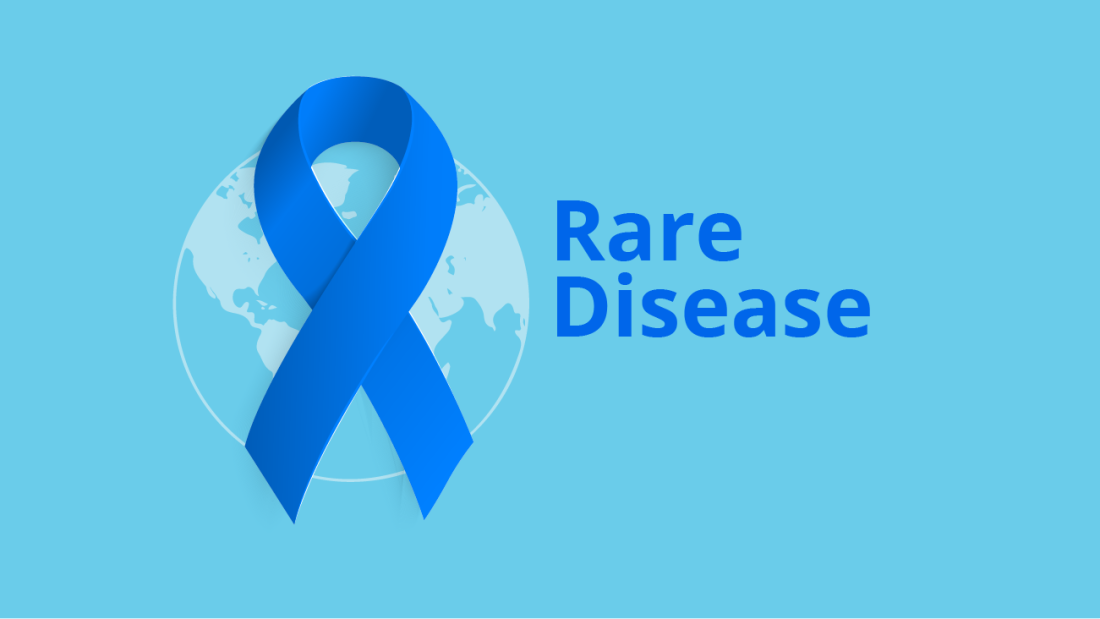This February 28 is Rare Disease Day! Many people worldwide come out to celebrate and show their support on this day to those who have rare diseases.
For those living with a rare disease (or know a loved one), they come out and share their stories to raise awareness on the impact rare diseases can have on their lives. Additionally, because various rare diseases affect the lives of many worldwide, it is necessary that we also advocate for equitable access to diagnosis, treatment and therapies, health and social care, and social opportunity. No person living with a rare disease should be left behind- and we will continue to celebrate and advocate for the advancements/progress made (and need to continue making) at the local, national, and international levels.
What Is a Rare Disease and How Can It Affect People?
A disease is classified as rare when it affects less than 1 in 2,000 people. Unfortunately, rare diseases have chronic, progressive, degenerative, and frequently life-threatening aspects that impact an individual’s quality of life. Additionally, there is often a lack of scientific knowledge and quality information about rare diseases (which can delay diagnosis and/or receipt of appropriate treatment). Because an individual may experience common symptoms found in other known diseases, this can frequently lead to an initial misdiagnosis. Moreover, diagnosis of a particular rare disease can be difficult because symptoms may differ from patient to patient (even if said patients suffer from the same rare disease).
Furthermore, many people may face obstacles when it comes to social, environmental, or financial situations. It can also become tiring for the patient to jump from doctor to doctor as they try to pinpoint their diagnosis to receive the proper treatment. Or it can become disheartening to the patient and their families to find out that there are no existing effective cures.
What Are Some Key Statistics?
According to The National Organization for Rare Disorders (NORD), over 300 million people are impacted by over 7,000 rare diseases globally. The International Rare Disease Day site also states that:
- About 5% of the worldwide population suffers from a rare disease.
- Over 6,000 rare diseases have been identified.
- Of those 6,000 rare diseases, 200 are identified as rare cancers.
- About 72% of rare diseases are genetic. Others result from infections (bacterial or viral), allergies and environmental causes, or rare cancers.
- About 70% of genetic diseases start in childhood.
What Can I Do?
Join us as we spread awareness and advocate for the importance of recognizing rare diseases as a human rights priority. Everyone should have the right to an equitable healthcare system and live life in a more inclusive society. If you want to learn more about rare diseases, the stories of patients, or ways to get involved, we suggest you look into the following websites:
Brought to you by Fomat Medical

